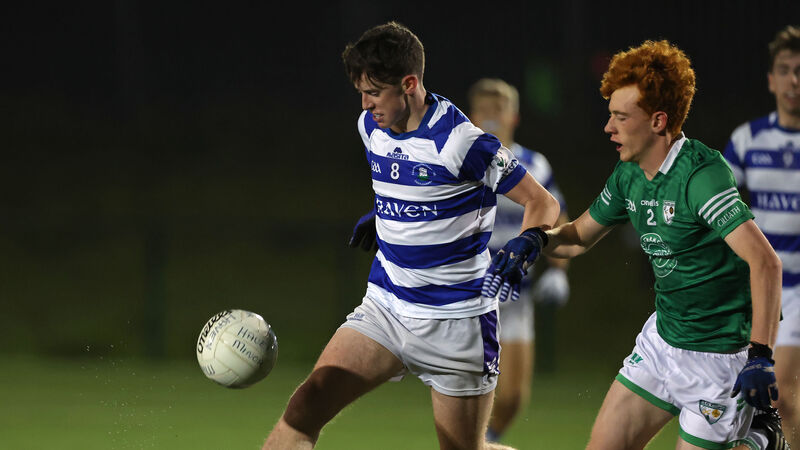High Court rules Quinns are entitled to assert privilege over most of 313 documents

Five children of businessman Sean Quinn are entitled to maintain privilege over most of 313 documents which Irish Bank Resolution Corporation (IBRC) says it needs to defend the family's claim that share pledges and personal guarantees in relation to €2.34bn in debts are invalid.
Mr Justice Robert Haughton, in a pre-trial Commercial Court ruling, said the Quinns are entitled to assert privilege over all but 16 of 313 documents sought by IBRC.













